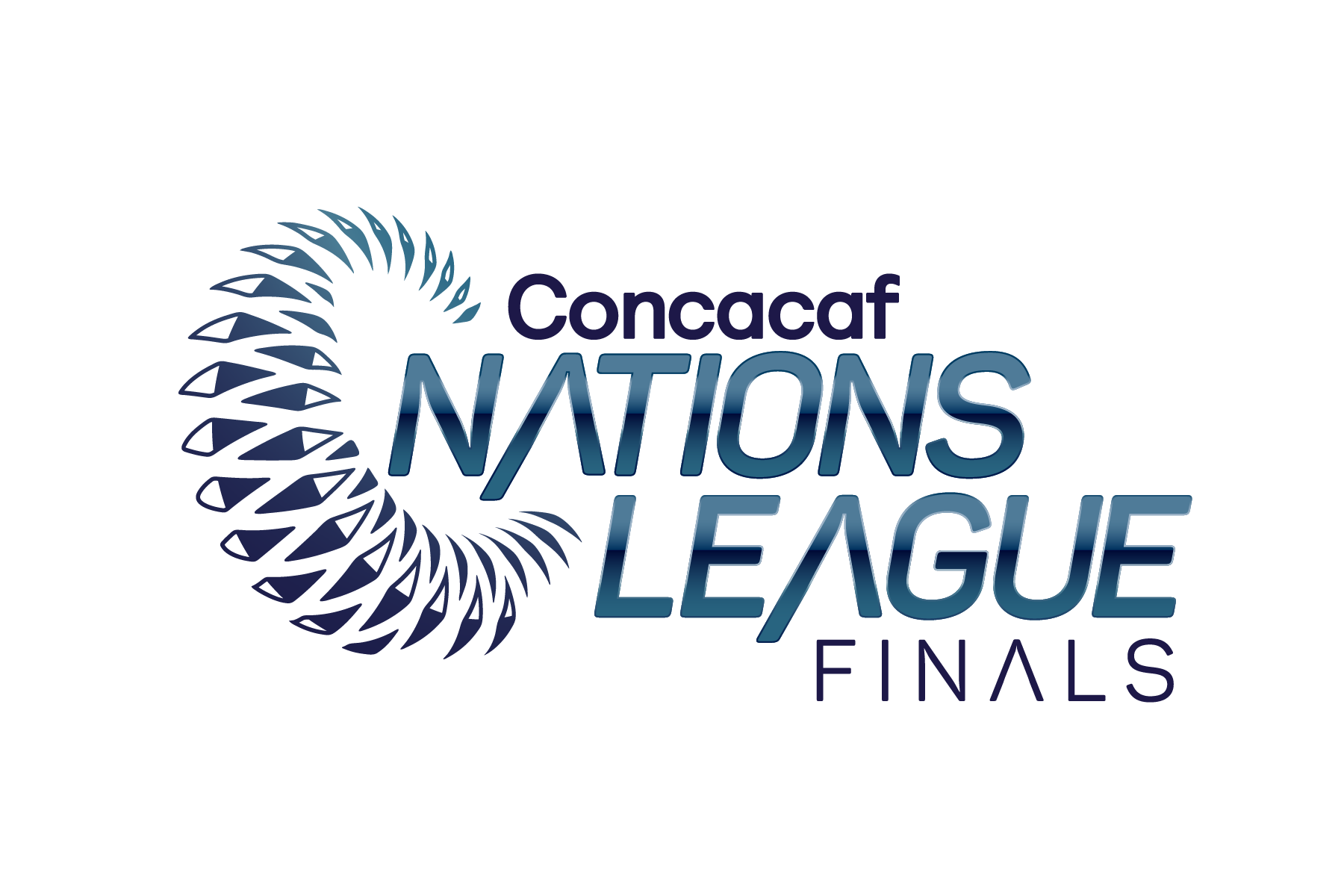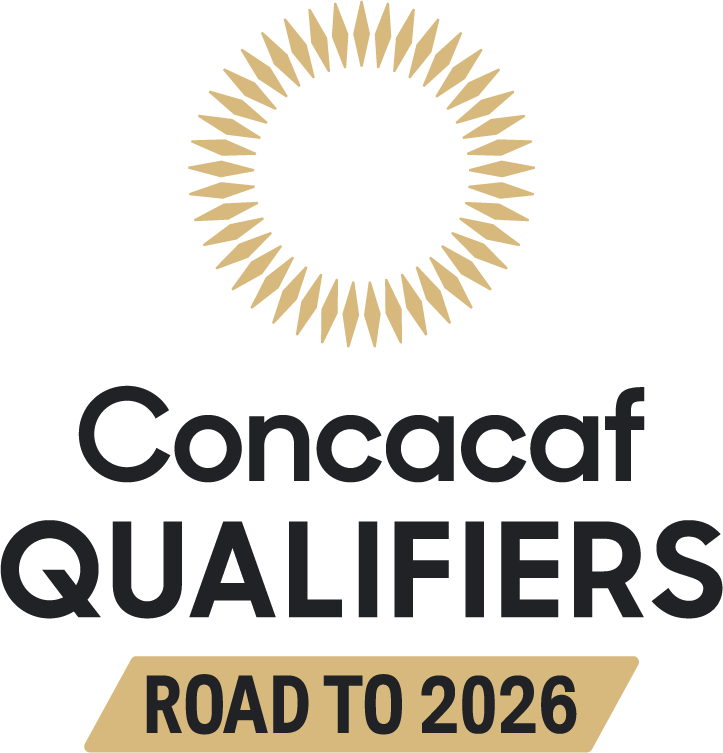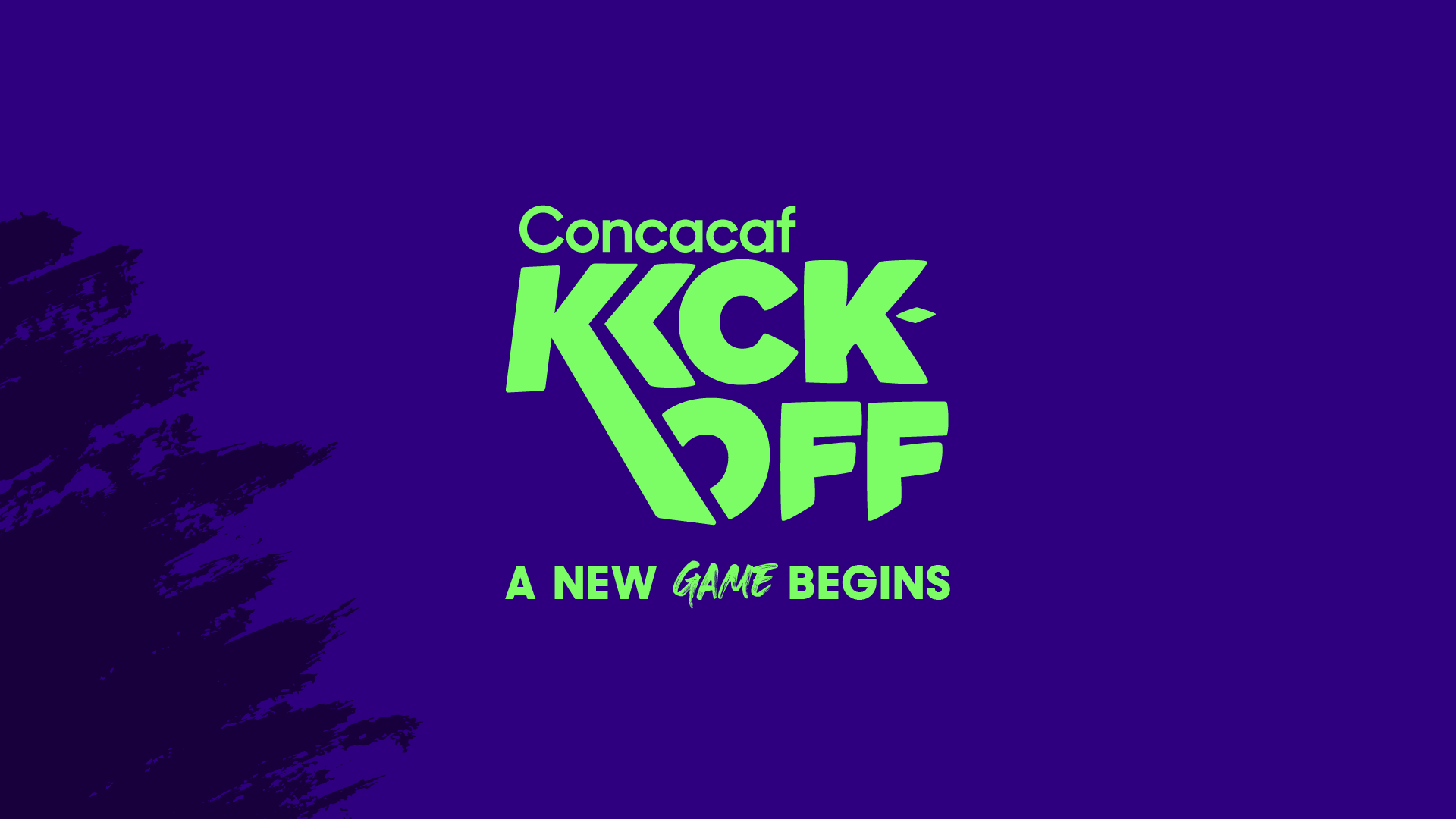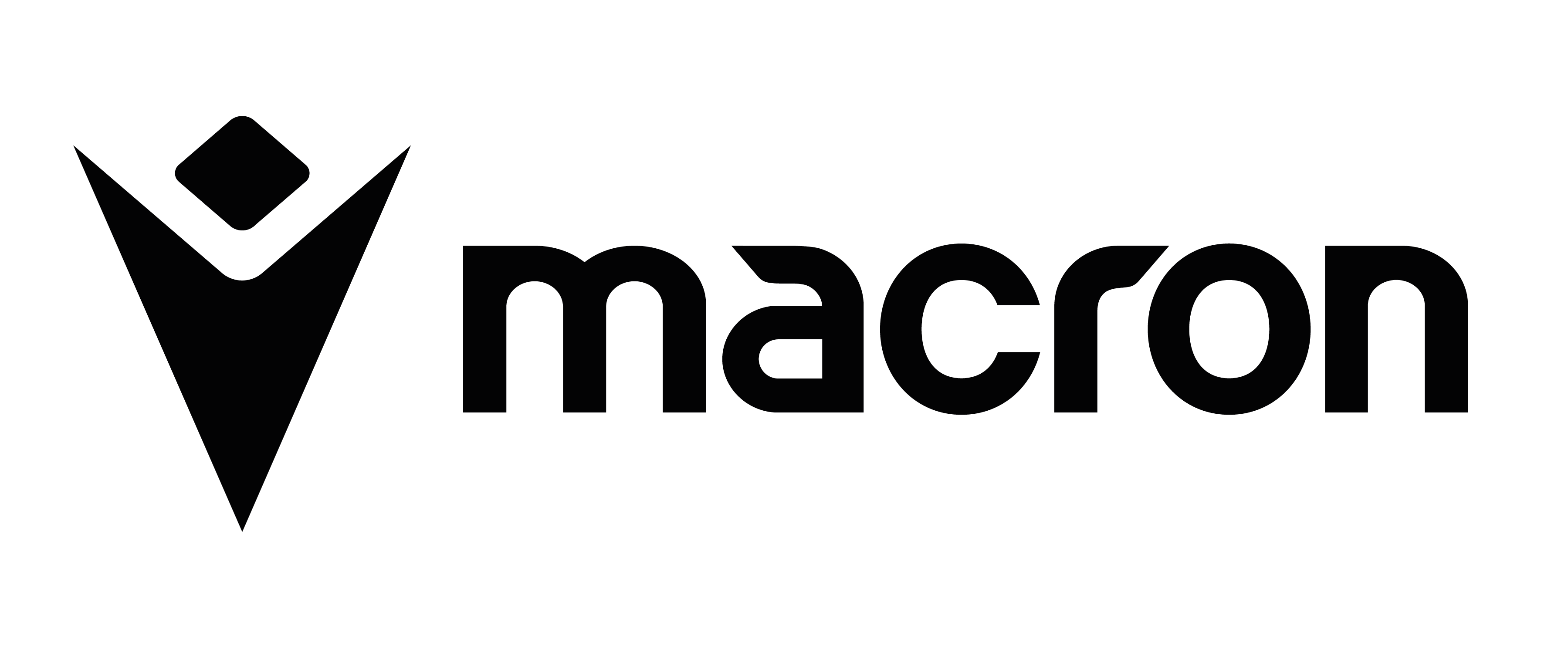MIAMI, Florida – While the COVID-19 crisis has halted football on the field, Concacaf has been able to effectively pivot to provide a new E-Learning Academy, which was launched on April 15 and is already in use by all 41 Member Associations.
“With the global pandemic that we have, it is an unfortunate situation for us, so it was important to try to engage with all of these coaching educators, all of the technical staff, which under the auspices of the Member Associations, are the technical directors who build the technical football programs of each of our federations,” said Concacaf Director of Development Jason Roberts in an exclusive interview with Concacaf.com.
“We have used the online platform to engage them and show them how to use the online platforms. We’ve seen some countries build their own platforms and engage and inspire others in their region. We took this opportunity to work with them, to work on best practices and provide education around developing a team, developing a playing philosophy, leadership style and collaborating with a group. We have seen over 70 technical leaders from all over the Concacaf region participating,” said Roberts.
If Roberts had any worry that the use of technology might have proved burdensome for some of the end users, that was quickly put to rest by the response by the associations.
“The reality of our region means the logistics and the traveling and the scaling of our coaching education is a challenge. What we’ve also found with the technical platform is the comments people made were: ‘Are we ready to engage with our technical leadership using technology?’ And what we found out in these last couple of months is that they are absolutely ready, inspired, motivated and understand technology and are able to engage with us in this way.
“This has provided us with some real opportunity around how we scale, how we get access to more coaches around the region, how we provide best practices. We see that some of the technical directors who have learned how to use online resources have gained access to some of the presentations and knowledge around some of the key pillars of development that we have discussed, whether that be coaching education, technical development, developing a youth team with a culture or playing style. We have used the online platform to reach out to their coaches and technical leaders, whether they are on-island or in the region or outside the region and start to have those discussions using the online platforms. It is extremely exciting,” said Roberts.
Roberts adds that this E-Learning Academy will also have a very positive impact on Concacaf’s NextPlay and Concacaf W initiatives.
“We’ve been extremely excited about what we’ve been able to do with NextPlay and with the Concacaf W platform, where we have been reaching out to the coaches who were part of our Women’s Under-20 competition. We’ve reviewed the tournament, we’ve looked at trends, we’ve looked at the development of the women’s game, how the learnings from that event can help us build more insight from those coaches who have been part of the competition but also share best practices and knowledge with those who have participated in the development the women’s game across the region,” said Roberts.
The advent of Concacaf’s E-Learning Academy has coincided with the recent launch of the Concacaf Center of Refereeing Excellence, which was spearheaded by Concacaf Director of Refereeing Brian Hall.
The synergy between Concacaf’s Development and Refereeing departments on the construction of their respective online platforms has exemplified the collaboration spirit that abounds within Concacaf.
“I think as an organization we’ve been very strategic in what we’ve done. We have a chance to do something unique in this space of online education. I also think other people, stakeholders and such, people’s attitudes about being online has changed. People recognize that there is potentially a shift in the way that we engage with each other. I think it will become a new normal in the working environment and we aim to be as ahead as much as possible in those advancements,” concluded Roberts.
























